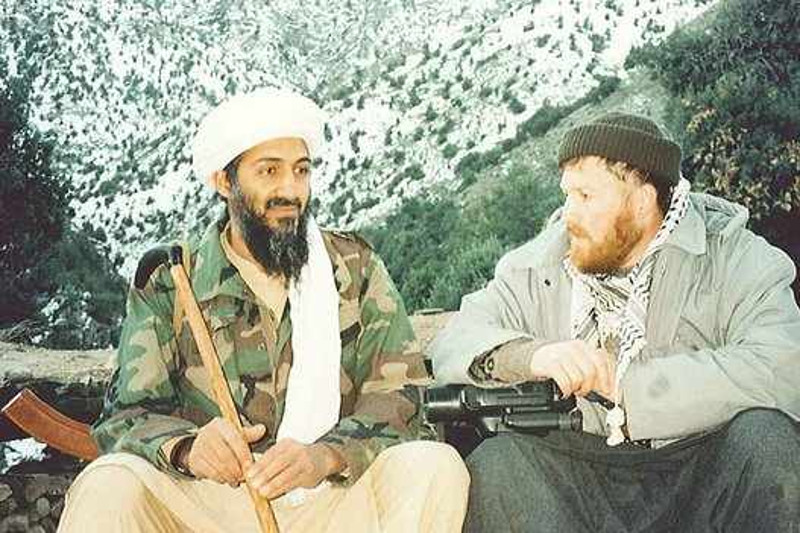Many have suspected through the years that extreme stress and trauma leave their mark not just on their victims, but on their descendants as well. Now science is catching up to these beliefs through the developing field of epigenetics.
Epigenetics is the study of how environmental factors can change the expression of a person’s DNA, often in ways which are inheritable by the next generation. This science looks at not just which genes are in a person’s DNA — the genetic “instruction manual” — but also how cells choose to read and interpret that instruction manual throughout a lifetime of development.
Earlier this month, Biological Psychiatry published a new study called “Holocaust exposure induced intergenerational effects on FKBP5 methylation,” in which the authors studied 32 Holocaust survivors and their adult children. All of the older generation of subjects had either been interned in concentration camps or otherwise intimately witnessed the torture and horror of Nazi genocide.





